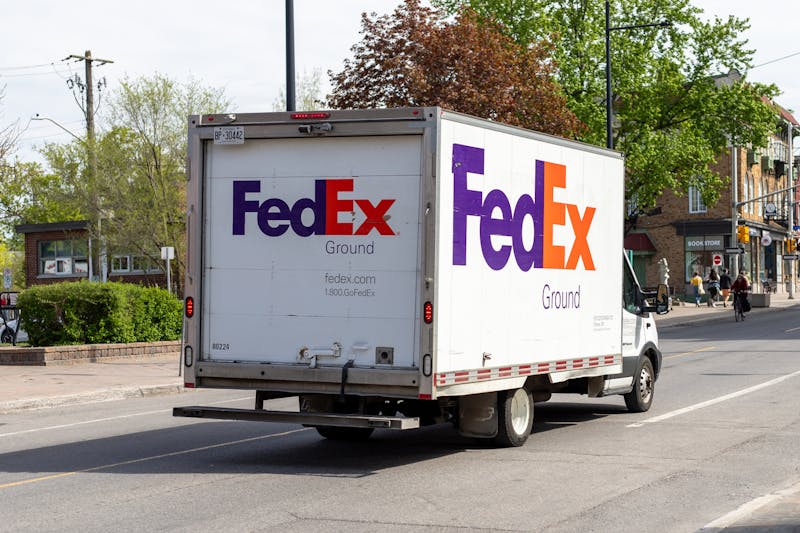
At first glance, a crash is a crash — but if a commercial vehicle is involved, everything changes. The stakes are higher, the laws are different, and the process is far more complex. Here’s what separates CMV litigation from standard car wreck cases.
Key Differences:
- Multiple Liable Parties
In a car accident, you're usually dealing with one or two drivers. In a CMV case, liability may rest with:
- The truck driver (negligence, fatigue)
- The trucking company (poor hiring, overwork)
- The cargo loader (improper load balance)
- Maintenance providers (neglected upkeep)
- Equipment manufacturers (defective parts)
Each party may deny responsibility, shifting blame and complicating your claim.
- Regulatory Overlays
Commercial drivers must follow FMCSA rules: Hours of Service, maintenance logs, weight limits, drug testing, and more. Violations may not be visible without proper investigation — and proving them requires legal knowledge and expert input.
- Advanced Evidence Requirements
CMV cases often require:
- Electronic logging device (ELD) data
- Dashcam footage
- Dispatch records
- Load manifests
- GPS tracking data
This evidence is often in the company’s possession — and getting it quickly is critical.
- Greater Insurance Resistance
Trucking companies carry large insurance policies and employ aggressive defense teams. They’re well-funded, well-prepared, and often unwilling to settle without a fight.
If you’re injured by a commercial vehicle, the legal road ahead is more difficult — but also more important to navigate correctly. HGD Law’s CMV team understands these layers and fights to level the field for every client.

